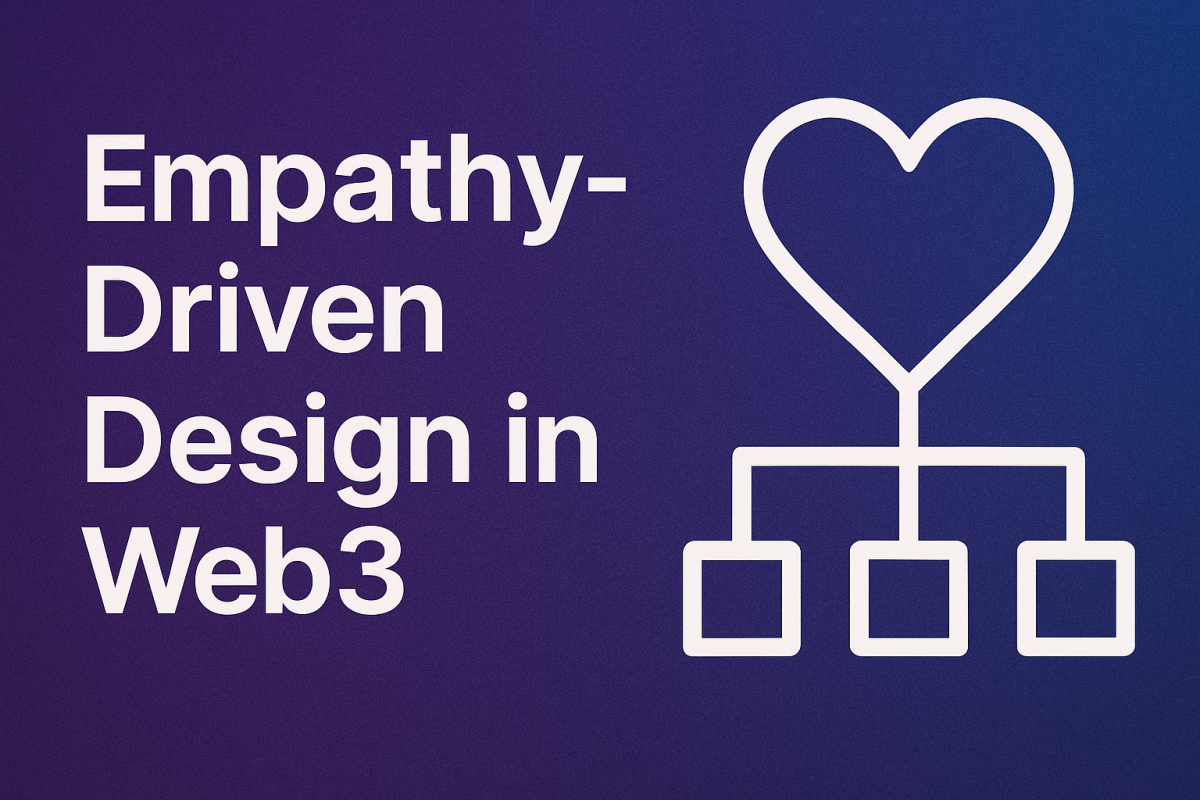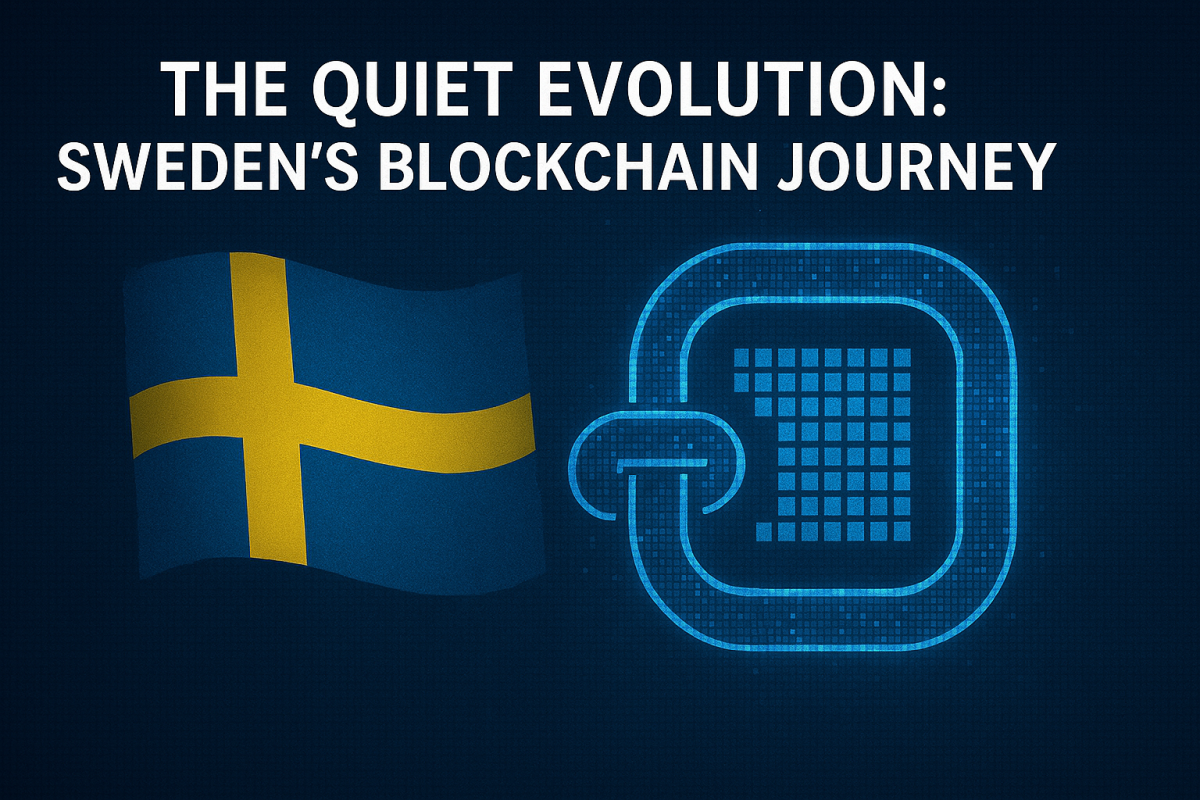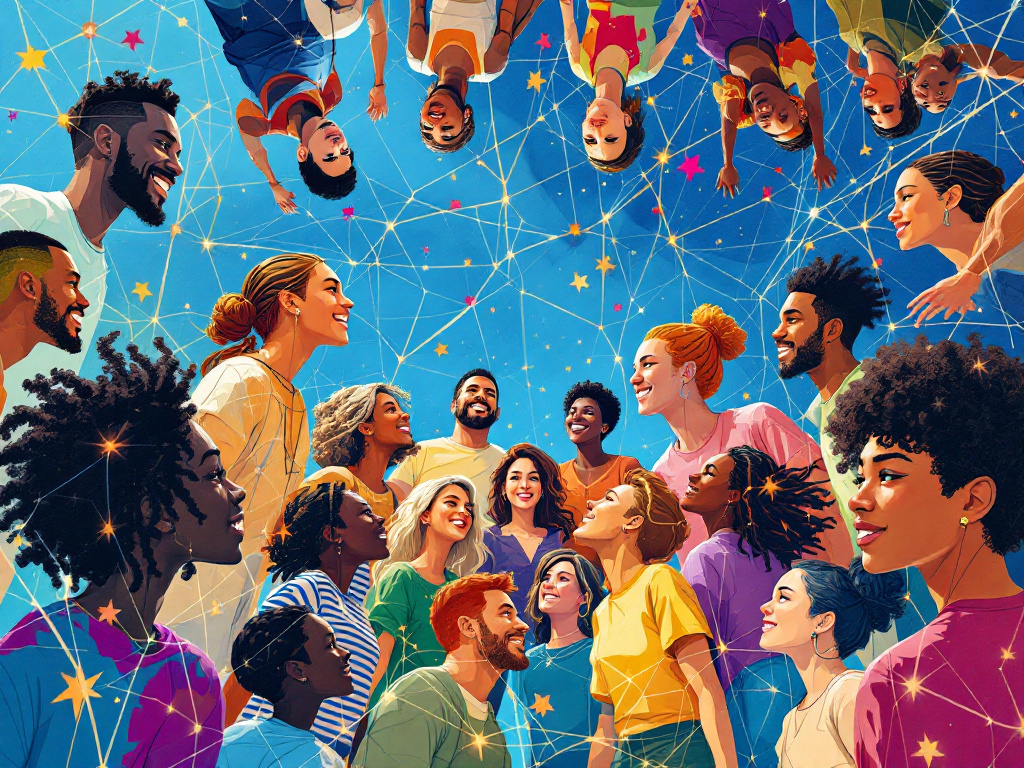Empathy-Driven Design in Web3: Making the Web Accessible to All
There's a growing recognition that technology should not just be innovative, but also inclusive. As we move towards a decentralized future, it's crucial to ensure that these advancements are accessible to everyone, not just the tech-savvy. This is where empathy-driven design comes into play—an approach that prioritizes user-friendly experiences and puts people at the center of technological innovation.
It’s spring here in Sweden and many people enjoy a cup of coffee in the warmth of the sun. Conversations about life are buzzing. We share our lives with friends to get understanding, empathy and support. It’s no different in our digital lives. How do we build a web that considers the vital component of empathy?
First off, empathy-driven design is about understanding and addressing the needs, fears, and aspirations of users. It's about recognizing that behind every wallet address or avatar is a real person with a unique story and perspective. By embracing empathy, we can create Web3 experiences that are not only technologically advanced but also deeply human.
As I see it, one of the biggest barriers to Web3 adoption is the complexity of its interfaces. For non-technical users, navigating decentralized platforms can feel overwhelming. Empathy-driven design focuses on simplifying these interfaces, making them intuitive and easy to use. This means clear navigation, straightforward language, and visual cues that guide users effortlessly through their digital journey.
I argue that we need to move beyond trying to make Web3 accessible by teaching them about the technological aspects of blockchain, smart contracts, and decentralized finance. We need to build technology that empowers users to understand and engage with Web3 technologies confidently without being interested in the technology itself.
“I have no idea how Excel works, neither have I been to an Excel conference. But I still know how to use it.”
Sure, a certain amount of demystification of this technology is needed, but fostering a sense of inclusion and belonging is much more important to get people to use the technology. Please no more web3 jargon.
We can integrate intuitive features like social logins to significantly enhance the user experience. Social logins allow users to access Web3 platforms using their existing social media accounts, eliminating the need for complex registration processes. This small change can make a big difference, especially for those new to decentralized technologies.
Some great examples show how Web3 platforms are making it easier for everyone to get on board using simple login methods we're all familiar with. For instance, Moralis lets users log into apps using accounts like Google or Twitter. This automatically sets up the necessary tools for using Web3 services, so you don't need to understand the technical details. It's smooth and straightforward, just as it should be.
Similarly, WEPIN uses these familiar logins to provide access to digital wallets through accounts like Google, Apple, or even local services like Kakao and LINE. This makes it much easier for anyone to participate in activities like creating digital art or owning digital assets, without the hassle of managing complex security details. These examples show how simple logins in Web3 are making advanced technology accessible and user-friendly for everyone.
Yes, by designing with empathy, we ensure that Web3 is accessible to people of all backgrounds and abilities. I sure want my voice to be heard and be able to use the web regardless of what technology it is built on. Or we could keep building with a technology focus…
“Who needs user-friendly experiences or inclusivity, right? Let's just pile on the jargon and complexities—that'll make everyone feel right at home.”
Irony aside, by focusing on empathy-driven design we can build a Web3 that is not only technologically advanced but also deeply human and inclusive. This is how we meet the needs of people and create a better world.










